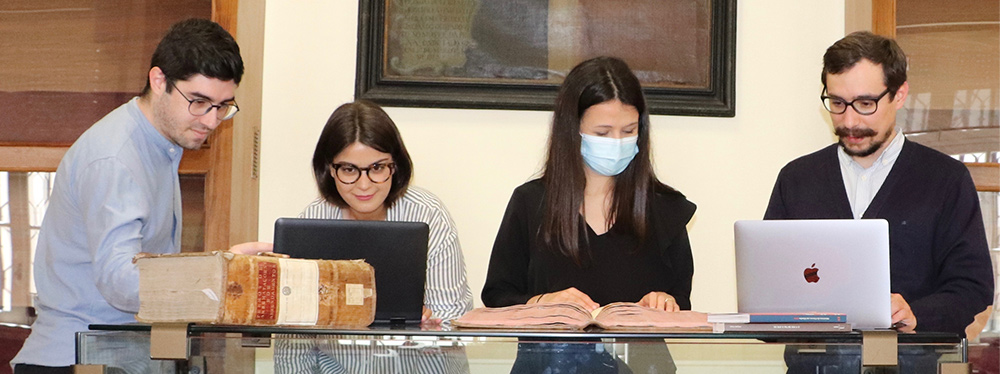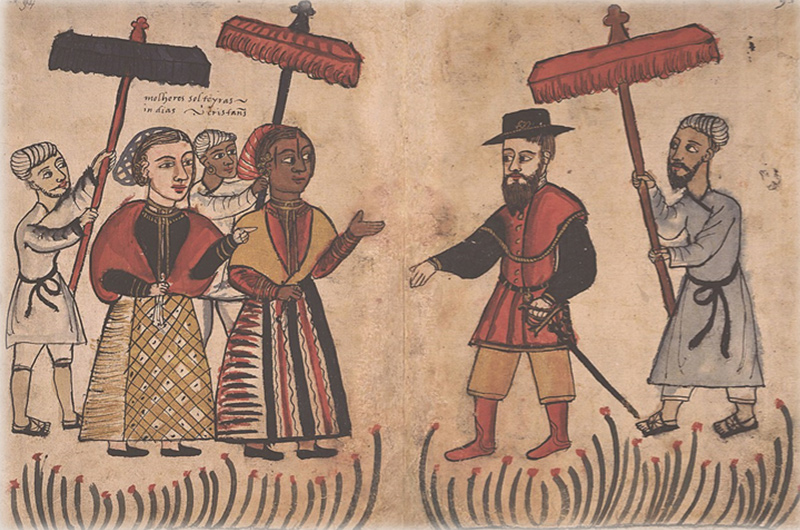
Cultural encounters and evasion

Cultures develop according to a dialectical process of encounters and mismatches, giving rise to complex identities. In being generated from off-centre perspectives, Portuguese history and culture have developed via dynamic avenues of connection and confrontation involving Europe, America, Africa and Asia. Most relevant for this process were the practices, creations, and representations of the peoples living in Portuguese territory and the territory of its colonies and the peoples maintaining links with Portugal and the Portuguese. Today’s context of unrestrained globalisation, in which cultural traits can vanish at local, regional and national levels, calls for the historical analysis of how different cultures were shaped and mutually influenced one another. Portugal’s sustained encounters with the rest of the world were not free from violence and destruction either. Hence, the group’s research engages with the scientific foundations provided by comparative, transnational and connected history, to focus on the following: religious conversion and the resulting acts of confrontation; social inclusion and exclusion, encompassing gender and ethnicity issues; mobility, migration, and their incidence; the recasting of European institutional, political and cultural models in other parts of the world, and resistance towards them.
Coordination: Maria Helena da Cruz Coelho | coelhomh@gmail.com